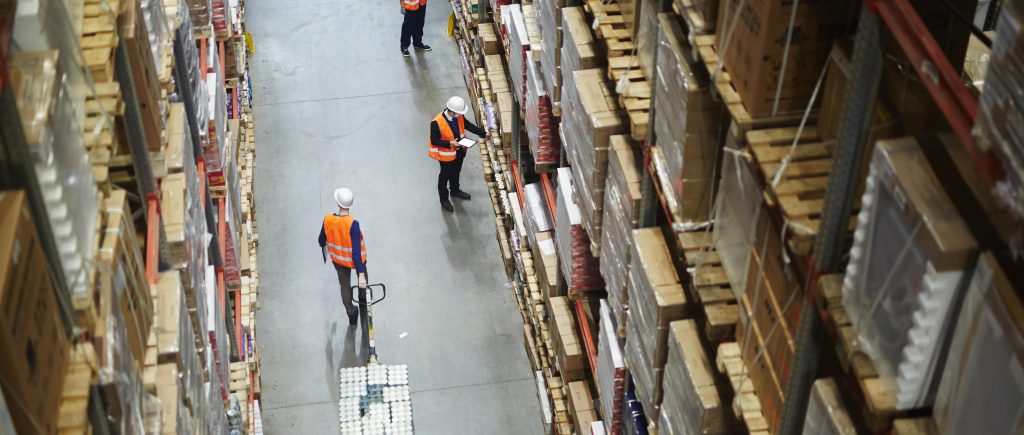As rising inflation threatens his presidency, US President Joe Biden is turning to the federal antitrust authorities to try to tame hot price increases that his administration believes are partly driven by a lack of corporate competition.
Biden pushed the Agriculture Department to begin investigation on large meatpackers that control a significant share of poultry and pork markets, accusing them of raising prices, underpaying farmers and tripling their profit margins during the pandemic.
As gas prices surged, Biden urged the Federal Trade Commission to investigate accusations that large oil companies had exaggeratedly inflated prices, behavior that the administration says continued even after global oil prices began to fall in recent weeks.
The push has extended to little-known agencies, such as the Federal Maritime Commission, which Biden has urged to search for price gouging by large shipping companies at the heart of the supply chain.
The turn to antitrust levers stems from Biden’s belief that rising levels of corporate concentration in the US economy have empowered a few large players in each industry to raise prices higher than a more competitive market would allow.
Corporate culpability for rising prices remains unclear. Inflation is at a 40-year high because of pandemic-related factors such as broken supply chains and high demand for goods from consumers still flush with government-provided cash. But as the price increases have spread across sectors, including food and gasoline, the administration has come under increasing pressure to find ways to respond.
White House officials concede that their antitrust moves are unlikely to reduce costs for US businesses or consumers immediately. The efforts will be more effective down the road. But the rise of inflation has given the White House an opportunity to take action that Democrats have long encouraged, and that Biden made an early focus of his tenure: using the power of government to break up monopolies and promote economic competition.
The US Chamber of Commerce has accused the Biden administration of interfering with the work of independent agencies even as it threatened litigation against the FTC, an independent consumer protection agency.
More dramatic results could emerge from a Justice Department fight against consolidation in the sugar industry and new efforts by the White House’s Office of Management and Budget to require that future federal regulations be evaluated, in part, based on how they might affect competition in regulated industries.
The North American Meat Institute, an industry lobbying group, denied the allegations and accused the Biden administration of cherry-picking economic data. It said that the White House was overlooking the record levels of demand for beef, pork and poultry.
“The White House Economic Council is again demonstrating its ignorance of agricultural economics and the fundamentals of supply and demand,” said Julie Anna Potts, president of the meat institute.
The clash between Biden and “Big Meat” has put the spotlight on Agriculture Secretary Tom Vilsack, who held the same position for the eight years of the Obama administration. Vilsack is now responsible for developing new rules to strengthen a law that is intended to protect farmers from anti-competitive practices in the meat industry and to promote ways for consumers to buy directly from farmers.
The emerging claim that antitrust can combat inflation reflects science denial, according to a tweet by Harvard economist Lawrence Summers, a senior official in the Obama and Clinton administrations. “There are many areas like transitory inflation where serious economists differ. Antitrust as an anti-inflation strategy is not one of them”, Summers added.

 Noor Trends News, Technical Analysis, Educational Tools and Recommendations
Noor Trends News, Technical Analysis, Educational Tools and Recommendations




